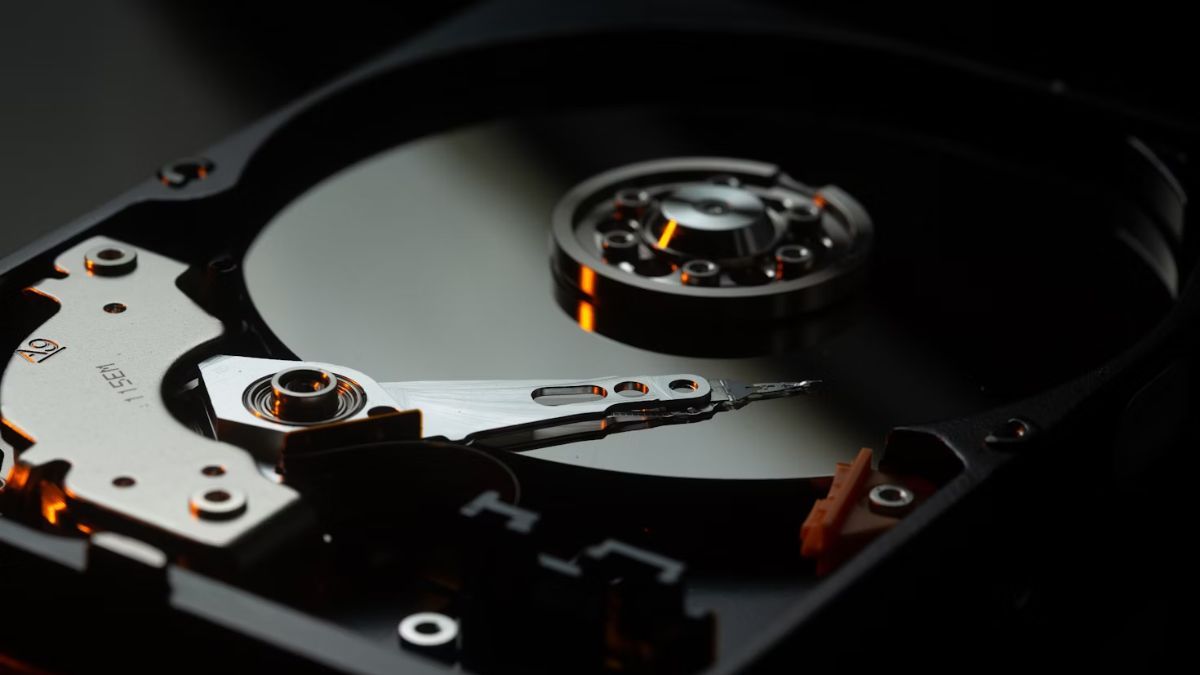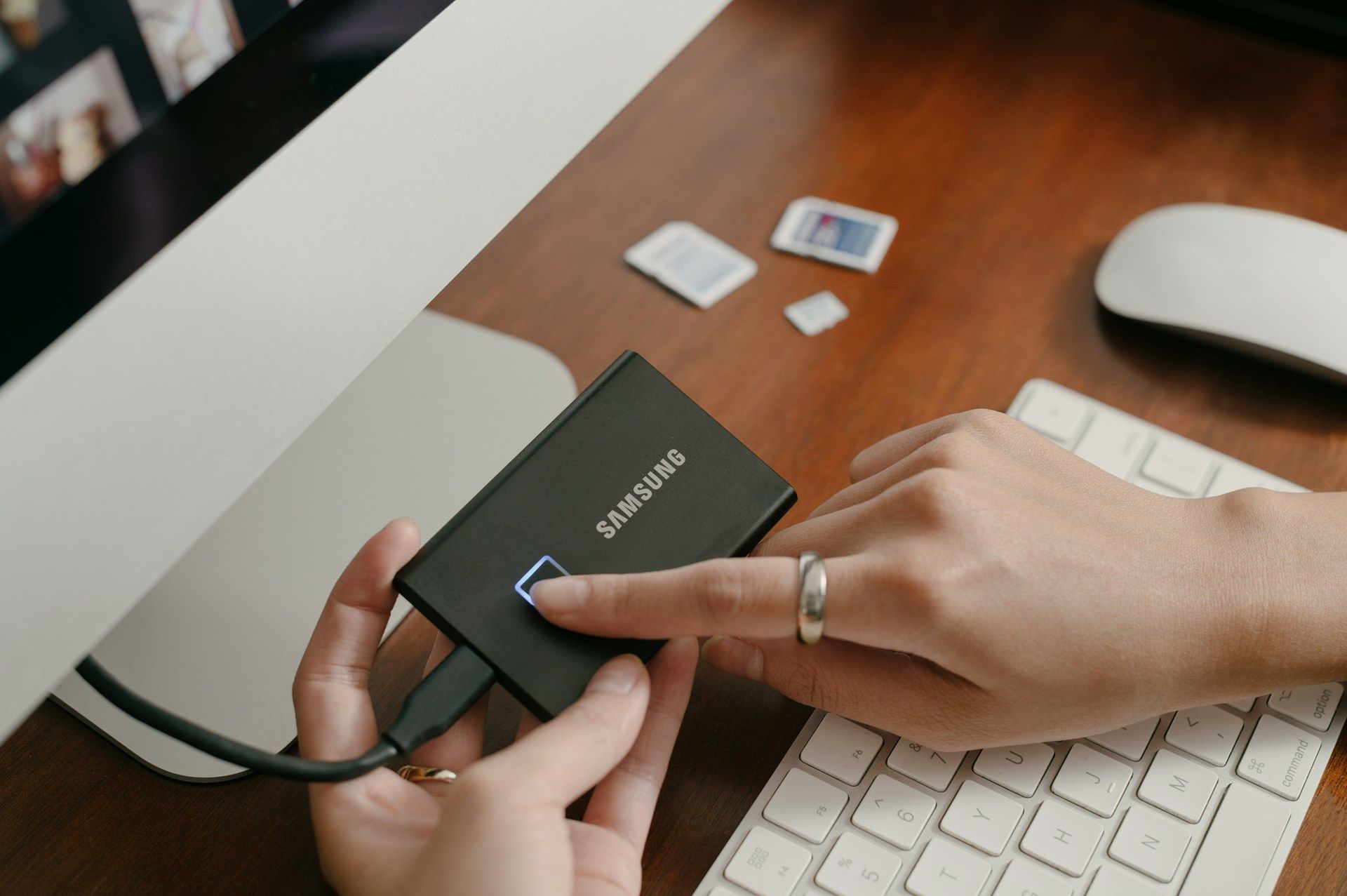
Unlock Google's Hidden Powers: Calculator, Unit, and Currency Converter Hacks
Discover how to use Google as a free calculator, unit converter, and currency tool. Quick tips to save time on everyday math and conversions.
Solid State Drives (SSDs) have transformed how we interact with our devices. Unlike Hard Disk Drives (HDDs), which rely on spinning platters and mechanical parts, SSDs use NAND memory cells with no moving components. This makes them faster, more durable, and less prone to damage from drops or bumps. Whether it’s booting up your laptop in seconds or launching apps in a flash, SSDs deliver unmatched speed.
They also consume less power, making them ideal for laptops where battery life matters. Their compact size is a bonus for external backups or slim devices. Plus, SSDs don’t suffer from fragmentation, ensuring consistent performance over time. For tech enthusiasts, these perks make SSDs seem like the obvious choice.

But before you rush to upgrade, let’s explore why SSDs aren’t always the best fit.
One of the biggest drawbacks of SSDs is their limited storage capacity compared to HDDs. A typical mid-range PC with an HDD might offer 1-2TB of storage, while an SSD-equipped machine at the same price point often provides just 256-512GB. If you’re a content creator, gamer, or someone who stores large files like videos or photos, this can feel restrictive.
For instance, transitioning from a 1TB HDD to a 256GB SSD can be a shock. Many users, like myself, end up pairing their SSD with an external HDD for extra space. High-capacity SSDs exist—like the 100TB Nimbus Data ExaDrive—but at $40,000, they’re out of reach for most. In contrast, a 48TB SanDisk Professional HDD costs around $1,500, offering nearly the same storage for a fraction of the price. For budget-conscious users, HDDs are hard to beat.
Interested in maximizing your storage setup? Check out our guide on top SSDs to buy for insights on balancing performance and capacity.

Price is a major factor when choosing between an SSD and an HDD. SSDs are pricier per gigabyte, even as their costs decline. For example, a 2TB internal Western Digital SSD might set you back $160, while a 2TB HDD from the same brand costs just $75. External drives follow a similar trend: a 4TB SanDisk SSD can cost $300, while a 6TB Seagate HDD might only be $133.
If you’re building or upgrading a PC on a budget, opting for an HDD lets you allocate funds to other components, like a better GPU or more RAM. For cost-effective solutions, explore our article on building a budget gaming PC to see how storage choices impact performance.
While SSDs are durable due to their lack of moving parts, they have a finite number of write cycles, typically lasting about five years under normal use. This makes them less ideal for long-term storage. HDDs, on the other hand, can keep writing over old data without such limitations, potentially lasting longer if handled carefully.
For backups, HDDs are more reliable since SSDs can lose data if left unpowered for extended periods. I’ve used a 10-year-old laptop with an HDD that still runs smoothly, while my three-year-old SSD laptop is already showing signs of slower write speeds. If you’re curious about resizing images to same storage on drive, our guide on ways to resize images on Mac offers useful tools and tips.

When it comes to securely erasing data, HDDs have a slight advantage. Overwriting an HDD multiple times with drive erase software ensures data is unrecoverable. SSDs, however, are trickier. Overwriting them can reduce their lifespan, and some files may still linger unless you use manufacturer-specific tools to reset the drive to factory settings.
For ultimate data security, physically destroying an HDD’s platters is straightforward, while SSDs require dismantling their flash chips. This makes HDDs a better choice for users prioritizing privacy, especially when disposing of old drives.
Not all computers are SSD-ready. Older machines may lack the necessary form factors or interfaces, like SATA or NVMe, required for SSDs. In such cases, upgrading to an SSD isn’t feasible. Instead, installing a new HDD and pairing it with a lightweight operating system like Linux can breathe new life into an old PC. For tips on optimizing older systems, check out our guide on running Windows on Mac without Boot Camp.
Rather than choosing between an SSD and an HDD, why not have both? Many modern PCs combine a smaller SSD for speed (perfect for your OS and apps) with a larger HDD for mass storage. This hybrid approach balances performance and capacity without breaking the bank.
Before upgrading, assess your needs. If speed and portability are priorities, an SSD is ideal. But if you need affordable, high-capacity storage for long-term use, an HDD might be the smarter choice.